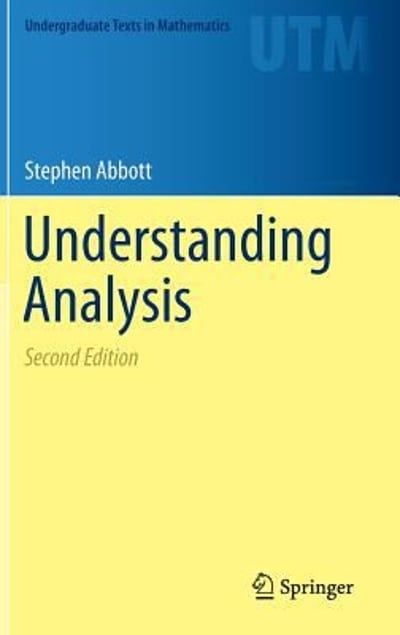Question
1. Your friend wants to sell you a raffle ticket for $10. It is possible to win one of two prizes in the raffle: you
1. Your friend wants to sell you a raffle ticket for $10. It is possible to win one of two prizes in the raffle: you can either win $200 or win $50 (or win nothing). 2 out of 100 entrants will win $200, while 5 more people out of 100 will win $50. You cannot win both prizes.
a) Find the expected value of buying the raffle ticket (Let B: buying the $10 ticket). (2 pts.)
Exp(B) =
b) How would you explain what the value of Exp(B) represents? (2 pts)
c) Find the fair price of the ticket. (1 pt.)
3. You are staying overnight at your friend's home that happens to be located on a crowded city street where curbside parking is restricted to residents with a parking permit. There is no place nearby where you can park your car without paying. Your friends tell you, "Just park on the street. The parking police only come by once a week." In other words, you have a 1/7 chance of getting caught. But, if you park illegally on the street and get a ticket, the fine is $35.
a) Find the expected value of parking on the street illegally (Let I: Illegal parking). (2 pts.)
Exp(S)=
b) Suppose you also had the option of parking your car in a private lot a mile away. The cost is $20 dollars for the night. If you are going to choose the action with the better monetary expected value, should you park on the street illegally or pay to park in the lot? (1 pt.)
4. In "The Long Reach of Reason," psychologist, Steven Pinker, and philosopher, Rebecca Newberger Goldstein, discuss reason and the profound significance that it has had in the development of human civilization. Do you find the couple's overall defense of reason to be convincing? Why? (1 pt.)
5. At the end of the video, Pinker's character finds himself convinced by Goldstein's argument, to which he declares, "I have become convinced that reason is a better angel that deserves the greatest credit for the moral progress our species has enjoyed and that holds out the greatest hope for continuing moral progress in the future. Do you agree with Pinker's assertion? Why? (1 pt.)
Step by Step Solution
There are 3 Steps involved in it
Step: 1

Get Instant Access to Expert-Tailored Solutions
See step-by-step solutions with expert insights and AI powered tools for academic success
Step: 2

Step: 3

Ace Your Homework with AI
Get the answers you need in no time with our AI-driven, step-by-step assistance
Get Started


